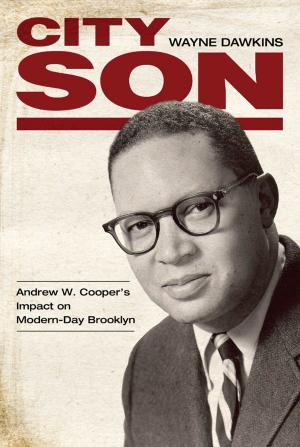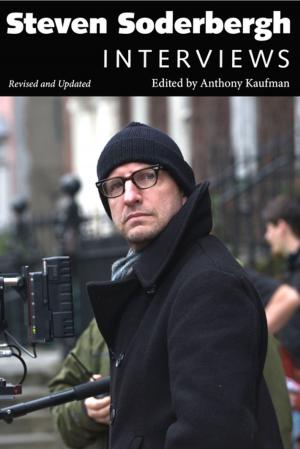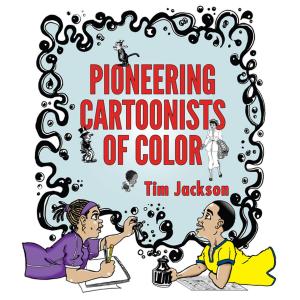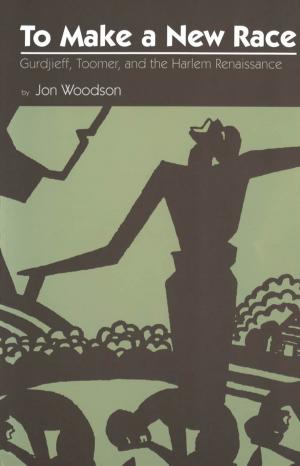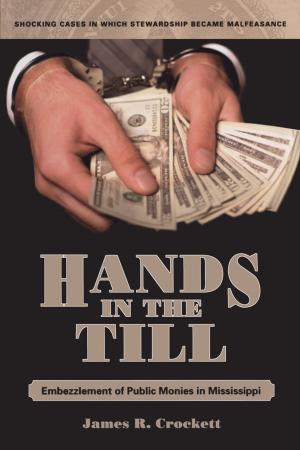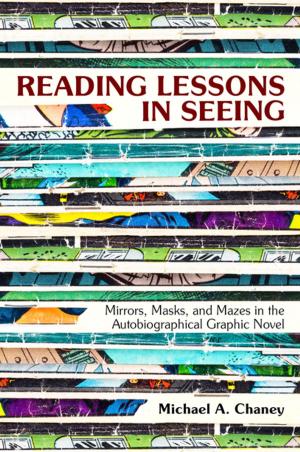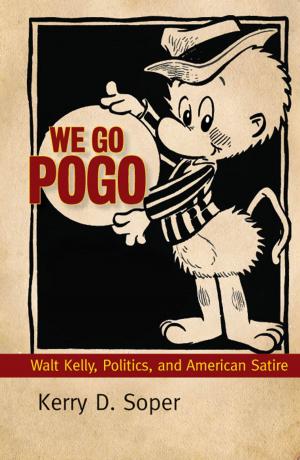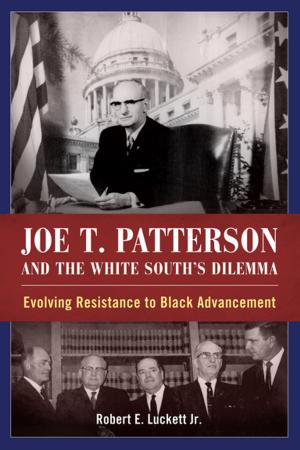Werner Herzog
Interviews
Nonfiction, Entertainment, Film, Direction & Production, Biography & Memoir, Entertainment & Performing Arts, Performing Arts| Author: | ISBN: | 9781626741140 | |
| Publisher: | University Press of Mississippi | Publication: | April 17, 2014 |
| Imprint: | University Press of Mississippi | Language: | English |
| Author: | |
| ISBN: | 9781626741140 |
| Publisher: | University Press of Mississippi |
| Publication: | April 17, 2014 |
| Imprint: | University Press of Mississippi |
| Language: | English |
Over the course of his career, legendary director Werner Herzog (b. 1942) has made almost sixty films and given more than eight hundred interviews. This collection features the best of these, focusing on all the major films, from Signs of Life and Aguirre, the Wrath of God to Grizzly Man and Cave of Forgotten Dreams. When did Herzog decide to become a filmmaker? Who are his key influences? Where does he find his peculiar themes and characters? What role does music play in his films? How does he see himself in relation to the German past and in relation to film history? And how did he ever survive the wrath of Klaus Kinski? Herzog answers these and many other questions in twenty-five interviews ranging from the 1960s to the present.
Critics and fans recognized Herzog's importance as a young German filmmaker early on, but his films have attained international significance over the decades. Most of the interviews collected in this volume--some of them from Herzog's production archive and previously unpublished--appear in English for the very first time. Together, they offer an unprecedented look at Herzog's work, his career, and his public persona as it has developed and changed over time.
Over the course of his career, legendary director Werner Herzog (b. 1942) has made almost sixty films and given more than eight hundred interviews. This collection features the best of these, focusing on all the major films, from Signs of Life and Aguirre, the Wrath of God to Grizzly Man and Cave of Forgotten Dreams. When did Herzog decide to become a filmmaker? Who are his key influences? Where does he find his peculiar themes and characters? What role does music play in his films? How does he see himself in relation to the German past and in relation to film history? And how did he ever survive the wrath of Klaus Kinski? Herzog answers these and many other questions in twenty-five interviews ranging from the 1960s to the present.
Critics and fans recognized Herzog's importance as a young German filmmaker early on, but his films have attained international significance over the decades. Most of the interviews collected in this volume--some of them from Herzog's production archive and previously unpublished--appear in English for the very first time. Together, they offer an unprecedented look at Herzog's work, his career, and his public persona as it has developed and changed over time.

